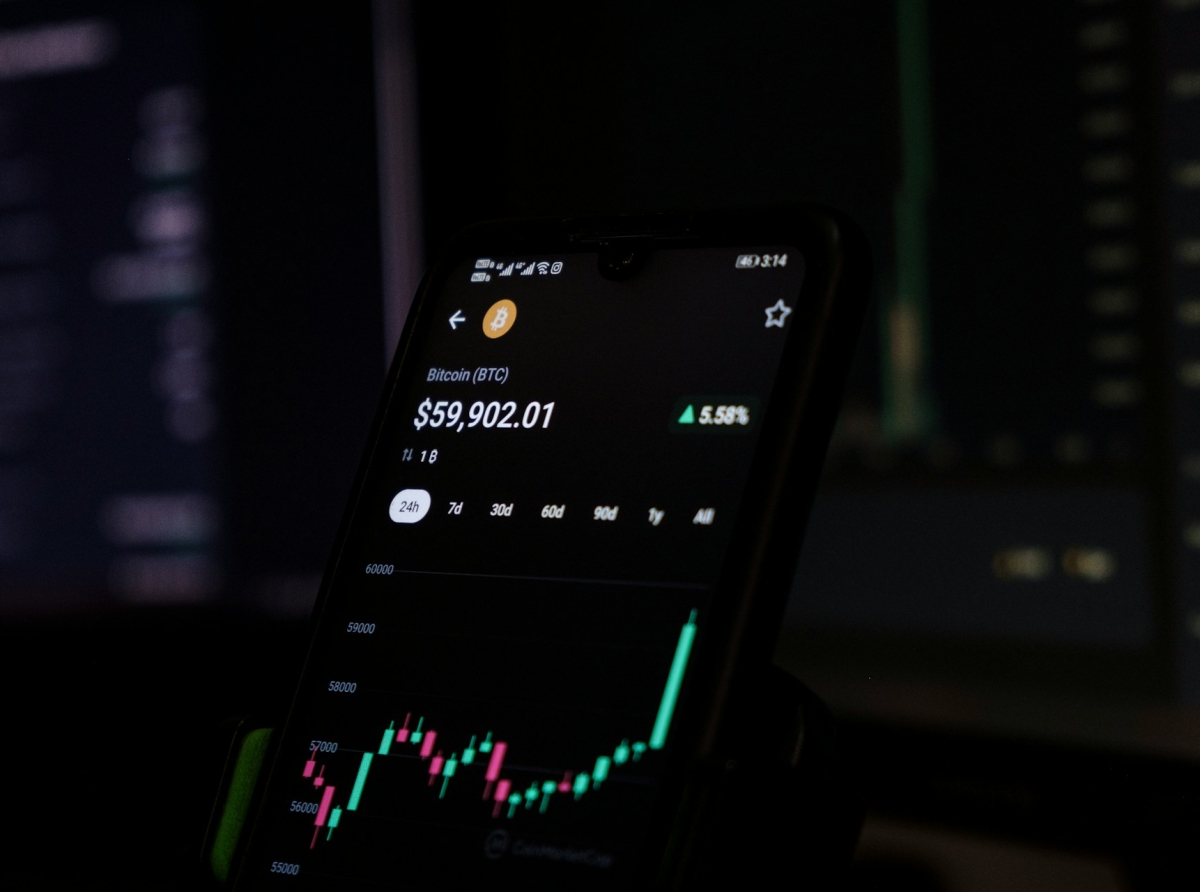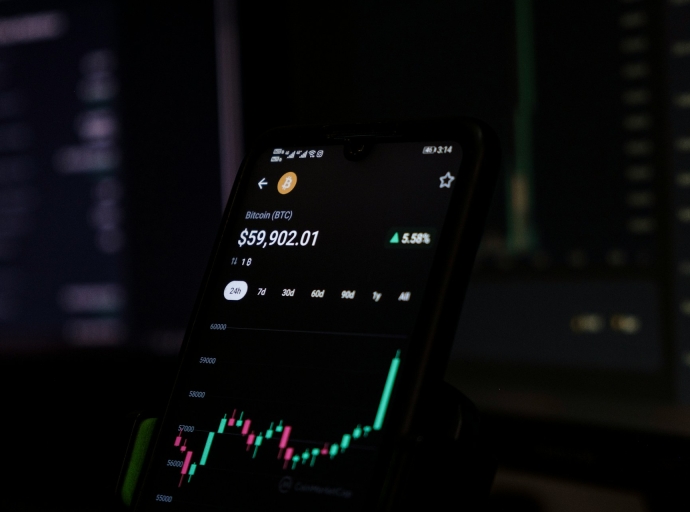The “Status Quo” Trend on Forex: Traders Unwilling to Close Losing Positions

The “Status Quo” Trend on Forex: Traders Unwilling to Close Losing Positions
In the fast-paced world of Forex trading, the “Status Quo” trend has emerged as a significant behavioral pattern among traders. This trend refers to the tendency of traders to maintain their current positions, especially those that are losing, in an attempt to avoid the discomfort of acknowledging a loss. Understanding this behavior is crucial for both individual traders and the broader market, as it can lead to suboptimal trading decisions and increased financial risk.

The “Status Quo” Trend on Forex: Traders Unwilling to Close Losing Positions
Psychological Factors
At the core of the “Status Quo” trend are several psychological biases that influence decision-making. Cognitive biases such as loss aversion and overconfidence play a pivotal role in traders’ reluctance to close losing positions.Loss Aversion: This bias reflects a preference for avoiding losses over acquiring equivalent gains. In Forex trading, this can manifest as an irrational attachment to losing positions in hopes of a market reversal that will mitigate losses.
Overconfidence: Traders often overestimate their ability to predict market movements, leading them to hold onto losing positions longer than they should. This overconfidence can blind them to objective market indicators and exacerbate financial losses.
Economic Implications
The persistence of the “Status Quo” trend has notable economic implications:Financial Health: For individual traders, maintaining losing positions can lead to substantial monetary losses, eroding their capital base and diminishing future trading opportunities.
Market Dynamics: On a larger scale, widespread adherence to this trend can contribute to market instability. As many traders refuse to close unprofitable positions, liquidity may be impacted, potentially causing erratic price movements and increased volatility.
Strategies for Mitigation
To counteract the negative effects of the “Status Quo” trend, traders can employ several strategies:Education and Awareness: By developing an understanding of cognitive biases and their impact on trading decisions, traders can become more aware of their own behaviors and take steps to mitigate them.
Setting Stop-Loss Orders: Implementing stop-loss orders helps limit potential losses by automatically closing losing positions once they reach a predetermined threshold.
Emotional Regulation Techniques: Techniques such as mindfulness and stress management can help traders maintain emotional balance, allowing for more rational decision-making processes.
In summary,
the “Status Quo” trend in Forex trading is driven by psychological biases such as loss aversion and overconfidence. Its implications are far-reaching, impacting both individual financial health and overall market stability. By employing strategies aimed at overcoming these biases—such as education, setting stop-loss orders, and emotional regulation—traders can make more informed decisions and promote healthier trading habits within the Forex market.
Understanding these dynamics is essential for anyone involved in Forex trading or interested in its economic impacts. By recognizing and addressing these behavioral patterns, we can foster a more stable and prosperous trading environment for all participants involved.
Forex trading, Behavioral economics, Trader psychology, Market dynamics, Decision making
the “Status Quo” trend in Forex trading is driven by psychological biases such as loss aversion and overconfidence. Its implications are far-reaching, impacting both individual financial health and overall market stability. By employing strategies aimed at overcoming these biases—such as education, setting stop-loss orders, and emotional regulation—traders can make more informed decisions and promote healthier trading habits within the Forex market.
Understanding these dynamics is essential for anyone involved in Forex trading or interested in its economic impacts. By recognizing and addressing these behavioral patterns, we can foster a more stable and prosperous trading environment for all participants involved.
Forex trading, Behavioral economics, Trader psychology, Market dynamics, Decision making









Report
My comments